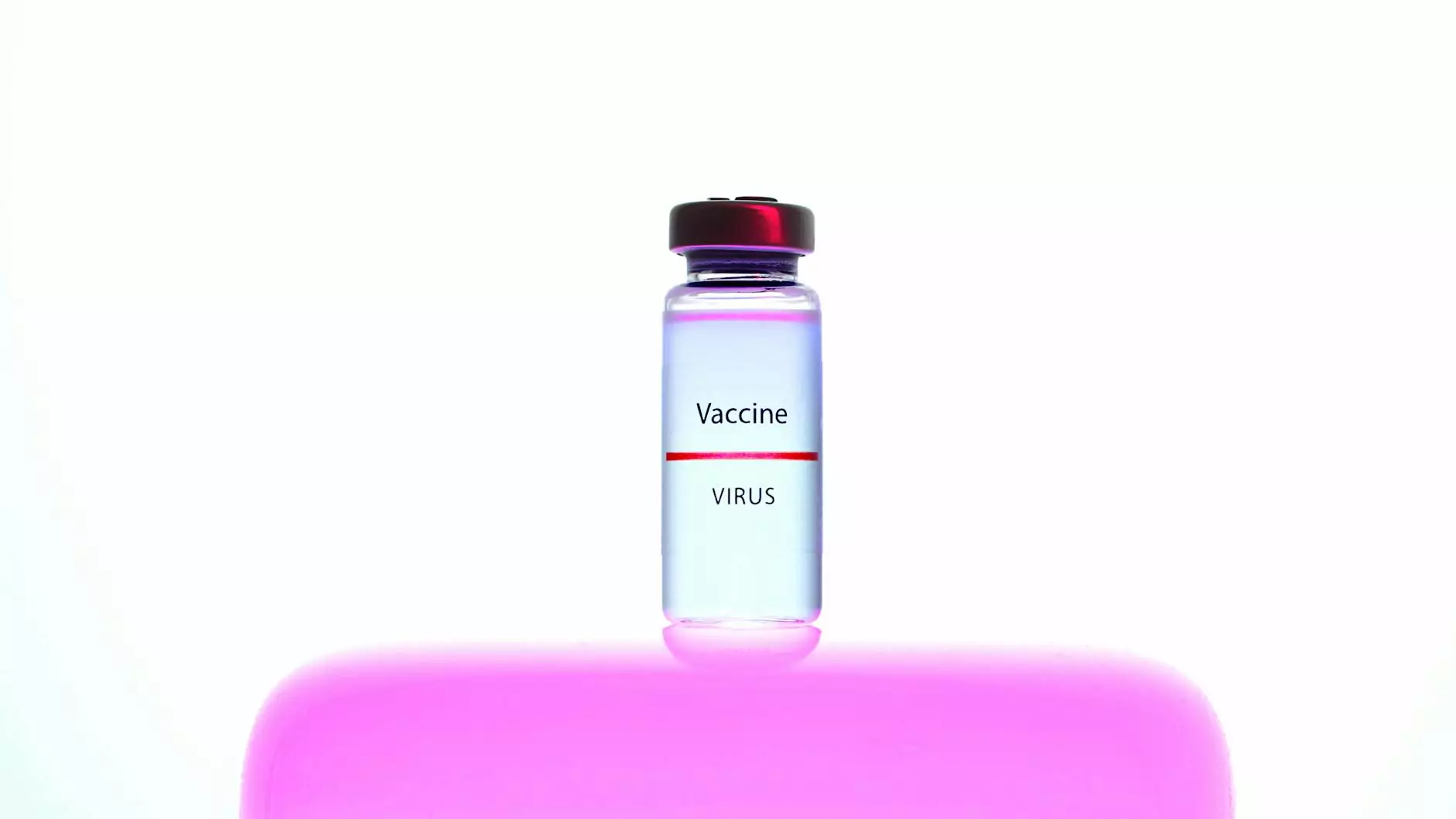Understanding the Role of Pharmacy and Addiction Medicine

The field of pharmacy plays a crucial role in the healthcare system, particularly in the domain of addiction medicine. As the challenges of substance use disorders continue to evolve, it is essential for both healthcare professionals and the general public to recognize the importance of responsible medication management. This article delves deep into the intricacies of pharmacy and addiction medicine, providing valuable insights and resources for its readers.
The Vital Connection Between Pharmacy and Addiction Medicine
Pharmacy and addiction medicine intersect in numerous ways, particularly in the prescribing and dispensing of medications used to manage addiction. The role of pharmacists extends beyond simply providing medications; they are integral in ensuring patient safety, educating patients on their prescribed therapies, and recognizing potential substance abuse risks.
What is Addiction Medicine?
Addiction medicine is a specialized field focused on the diagnosis and treatment of substance use disorders. It encompasses the management of various types of addiction, including alcohol, opioids, and other drugs. Professionals in this field employ a multidisciplinary approach, incorporating medical, psychological, and social strategies to support individuals seeking recovery.
Key Responsibilities of Pharmacists in Addiction Treatment
Pharmacists are essential in the addiction treatment process. Here are several key responsibilities they uphold:
- Medication Management: Pharmacists oversee the prescribing and dispensing of medications designed to support addiction recovery, ensuring appropriate dosages and preventing interactions.
- Patient Education: Educating patients about their medications, potential side effects, and the importance of adherence to treatment regimens is critical.
- Monitoring Therapy: Pharmacists monitor patient progress and response to medications, making adjustments as necessary in consultation with healthcare providers.
- Identifying Substance Abuse: They are trained to recognize signs of substance misuse and to intervene when necessary, providing resources and referrals.
- Community Outreach: Pharmacists often engage in community education initiatives to raise awareness about addiction and available treatment options.
Medications Commonly Used in Addiction Treatment
The management of addiction frequently involves the use of specific medications. Below are some commonly prescribed drugs:
1. Buprenorphine
Buprenorphine is a partial opioid agonist used in treating opioid addiction. It works by alleviating withdrawal symptoms and cravings, allowing individuals to focus on their recovery journey.
2. Methadone
Methadone is another medication utilized in opioid addiction treatment, often used in a structured program within specialized clinics. Its long-acting properties help stabilize individuals struggling with addiction.
3. Naltrexone
Naltrexone is an opioid antagonist used to discourage opioid use and reduce cravings for alcohol, aiding in maintaining sobriety.
4. Disulfiram
Disulfiram is a medication prescribed for individuals battling alcohol addiction. It creates adverse effects when alcohol is consumed, serving as a deterrent to drinking.
The Importance of Responsible Pharmacy Practices
Responsible pharmacy practices are paramount in addiction medicine. Pharmacists must adhere to protocols that mitigate the risk of medication misuse while promoting the safe use of prescriptions. This includes:
- Implementing Prescription Monitoring: Engaging in systems that track prescription histories helps prevent abuse and ensures appropriate therapy management.
- Conducting Regular Training: Continuous education on the latest practices, medications, and policies related to addiction treatment is essential for pharmacy staff.
- Building Trusting Relationships: Creating an environment where patients feel comfortable discussing their concerns promotes better health outcomes.
Resources and Support for Individuals Seeking Help
For individuals facing challenges with addiction, numerous resources are available:
1. Support Groups
Organizations such as Alcoholics Anonymous (AA) and SMART Recovery offer community support and recovery strategies.
2. Rehabilitation Centers
Inpatient and outpatient facilities provide comprehensive treatment catered to individual needs.
3. Counseling Services
Therapists specializing in addiction can offer one-on-one counseling and support through the recovery process.
Advancing Awareness of Addiction Medicine
Raising awareness about addiction and treatment options is crucial in dismantling the stigmas associated with it. Through educational campaigns and community programs, healthcare professionals, including pharmacists, can play a pivotal role in improving public understanding. This can lead to increased engagement and help for those in need.
Conclusion: Partnering in Recovery
Pharmacies play a significant role in addiction medicine, serving as a bridge between patients seeking help and the resources necessary for recovery. By harnessing the knowledge of medications, applying responsible practices, and fostering open communication, pharmacists can contribute immensely to the rehabilitation process. As we continue to navigate the evolving landscape of addiction, partnerships between pharmacists, healthcare providers, and patients will be vital in promoting healthy recovery journeys.
If you are looking for more detailed information about pharmacy and addiction solutions, visit https://alprazolam-xanax.com for insightful resources and support.



